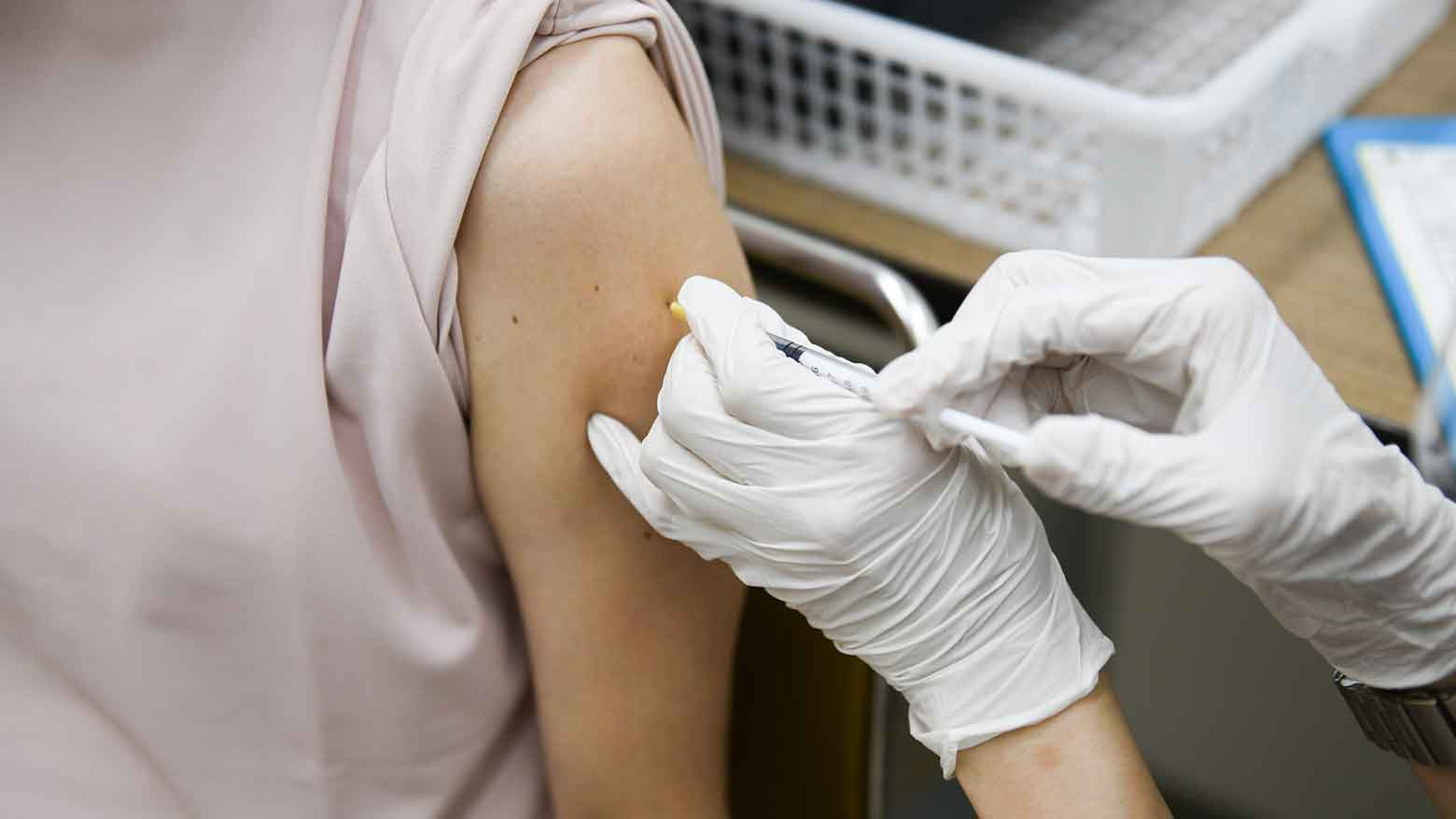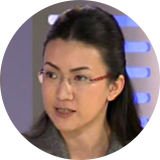Health officials considered studies in the United States that show protection offered by inoculations wanes over time, and announced their decision on September 17.
Japan’s vaccine program started in February, almost two months behind the US and United Kingdom. The pace has gradually picked up, and as of September 21, 54 percent of the population was fully vaccinated. More than 90 percent of elderly people had had at least one dose.
Kono Taro, the minister in charge of the vaccine roll-out, has outlined how officials plan to administer the booster.
"Medical workers would need to start receiving the third dose by the end of the year. Elderly people are likely to start early next year," he said.
Experts voice caution
But experts on the government’s coronavirus panel were split on the timing of the extra dose.
Officials say people who received their second dose at least eight months ago should be the first to receive the booster. Some panelists say there is not enough scientific evidence and want to wait for further studies.
One of the experts believes authorities need to be focused on the task at hand. "Completing the two-dose regimen is a higher priority," says Okada Kenji, president of the Japanese Society for Vaccinology. "We should carefully weigh the infection situation before rushing to offer the third shots.”
Okada says while it is important to make preparations for the booster, many things remain unknown about people’s immune response. That includes individual differences in the rate at which antibodies decline, and how other mechanisms against the virus work.
Booster programs are already underway in countries such as Israel, the UK, France and the US.

